Following the first group tour to Switzerland
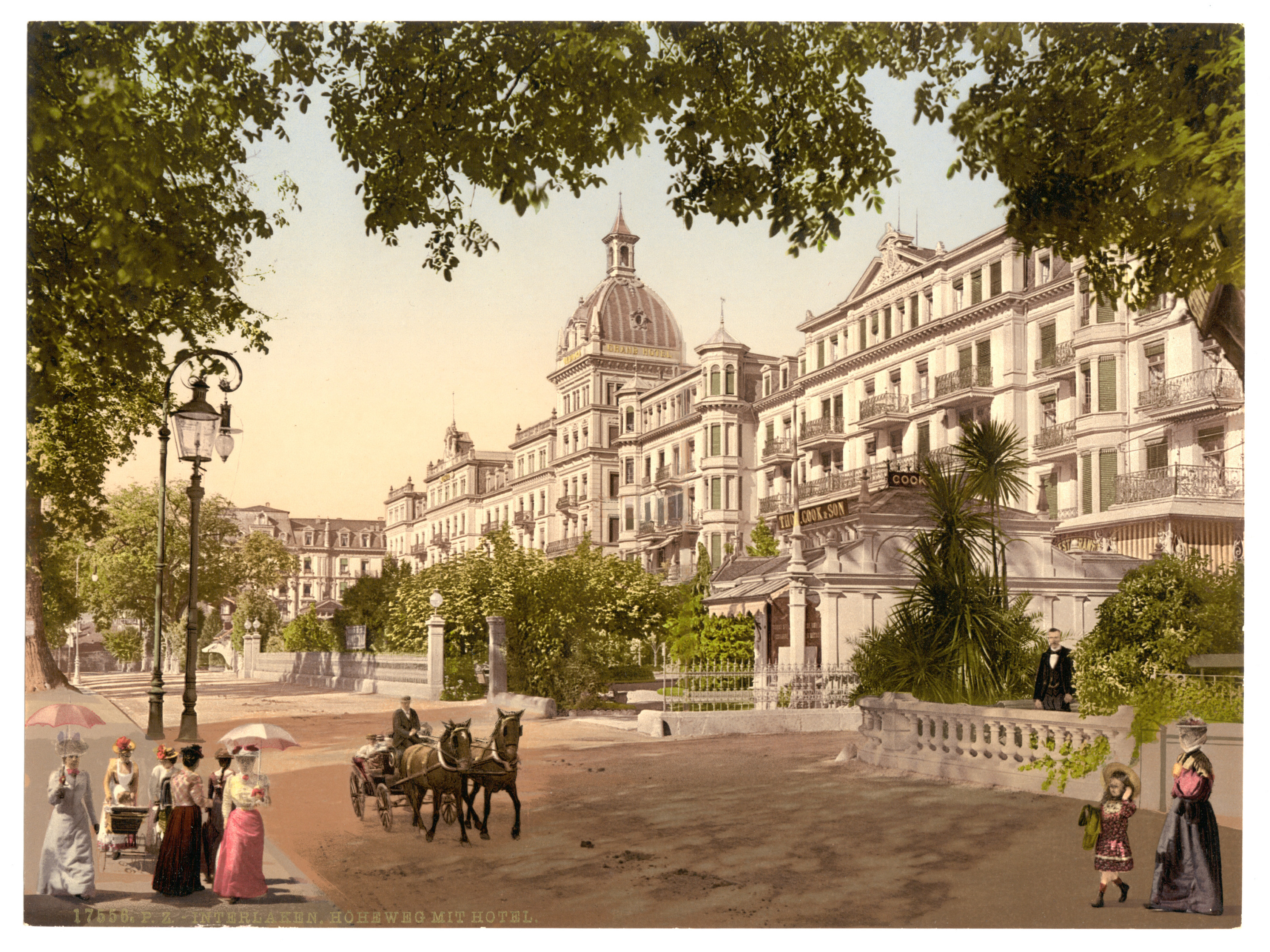
It’s hard to imagine that today’s wealthy Switzerland was once a backward country, much of whose population barely scraped a living from the land, for whom the arrival en masse of middle-class British tourists opened up undreamed-of opportunities.
The Swiss seized these opportunities with both hands and as a result the country was transformed, as writer Diccon Bewes explained to swissinfo.ch.
Bewes’ latest book, Slow Train to Switzerland, marks the 150th anniversary of the very first Thomas Cook holiday tour in 1863 which opened up Switzerland as a popular tourist destination.
swissinfo.ch: Is your book a faithful reconstruction of the first tour?
Diccon Bewes: No. It follows the tour by day, because I used the diary of Miss Jemima, who was one of the participants, so it does exactly what they did day by day, it stays in the same places and sometimes in the same hotels. But it then looks at my tour 150 years later, and where there have been changes, what those changes are and why the changes happened.
Diccon Bewes is a member of the swissinfo public council, which oversees the quality of swissinfo’s output.
swissinfo.ch: How did you set about writing the book?
D.B.: First of all I read Miss Jemima. Then I went to the Thomas Cook archives and looked at everything they had from that tour – which isn’t a lot. In 1863, it was just another tour. It took on significance afterwards.
And I used the guidebook they used, the Murray handbook, the 1861 edition, which was the most recent.
Thomas Cook was born in the English county of Derbyshire in 1808.
He was brought up as a strict Baptist, and became a Baptist minister in1828. He was strongly influenced by the temperance movement; his first excursion took a group of campaigners to a temperance rally after he had negotiated a good price with the railway company for tickets and food.
The success of similar outings led him to start his own business running excursions for pleasure, going as far afield as Scotland.
Not all his excursions were successful: while his trips to the Great Exhibition in London in 1851 were very popular, that to the Paris exhibition in 1855 made a huge loss, as did his first Rhine tour.
But the first excursion to Switzerland in 1863 was an instant success. Not everyone took the whole tour: 120 went to Paris, 60 continued on to Geneva, and 30 went on to visit Switzerland. Cook himself accompanied Miss Jemima’s group as far as Martigny, but then had to return home, leaving them on their own for another two weeks.
That group continued up the Rhone Valley, crossed the Gemmi Pass to Kandersteg, and went via Interlaken to Lucerne. The high-point of the trip was watching the sunrise from the top of Mount Rigi.
Cook arranged his tours by negotiating relatively cheap tickets from the railway companies, and issuing accommodation vouchers which could be used at any participating hotel. Later he introduced travellers cheques.
Cook formed a partnership with his son in 1872, and retired in 1879. He died in 1892.
swissinfo.ch: How easy was it to follow their route exactly?
D.B.: Relatively easy. The hardest part was leaving England. I had to take the train to Newhaven, take the boat to Dieppe, then the train to Paris. No-one does that any more. There’s no direct train to Newhaven, there is a ferry, but it’s mainly a car ferry. When you arrive as a foot passenger there’s no bus connection to the station, so you have to walk an hour into town with your suitcase…
It took almost the same amount of time to get from London to Paris for me as it did for them. After that I was of course always much quicker. The train from Paris to Geneva now takes three hours instead of 18.
They travelled at 20 kilometres an hour on the train, and they had to stop very regularly to take on coal and water. The trains didn’t have any facilities at all. They were literally wooden boxes on wheels. No lights, no heating, no toilets, no corridors, no nothing.
For us that sounds like torture, but for them it was a miracle: they could get from London to Geneva in two days instead of two weeks.
swissinfo.ch: Do you think you really shared the experience of those first travellers?
D.B.: We had a big discussion with the publisher: do I recreate the tour, or do I retrace it? In the end we decided to retrace the tour so that the reader could feel they could do that as well. So I didn’t walk from Chamonix to Martigny: I took the train. Because there is a train – and that’s part of the story. The train was built because there were so many tourists.
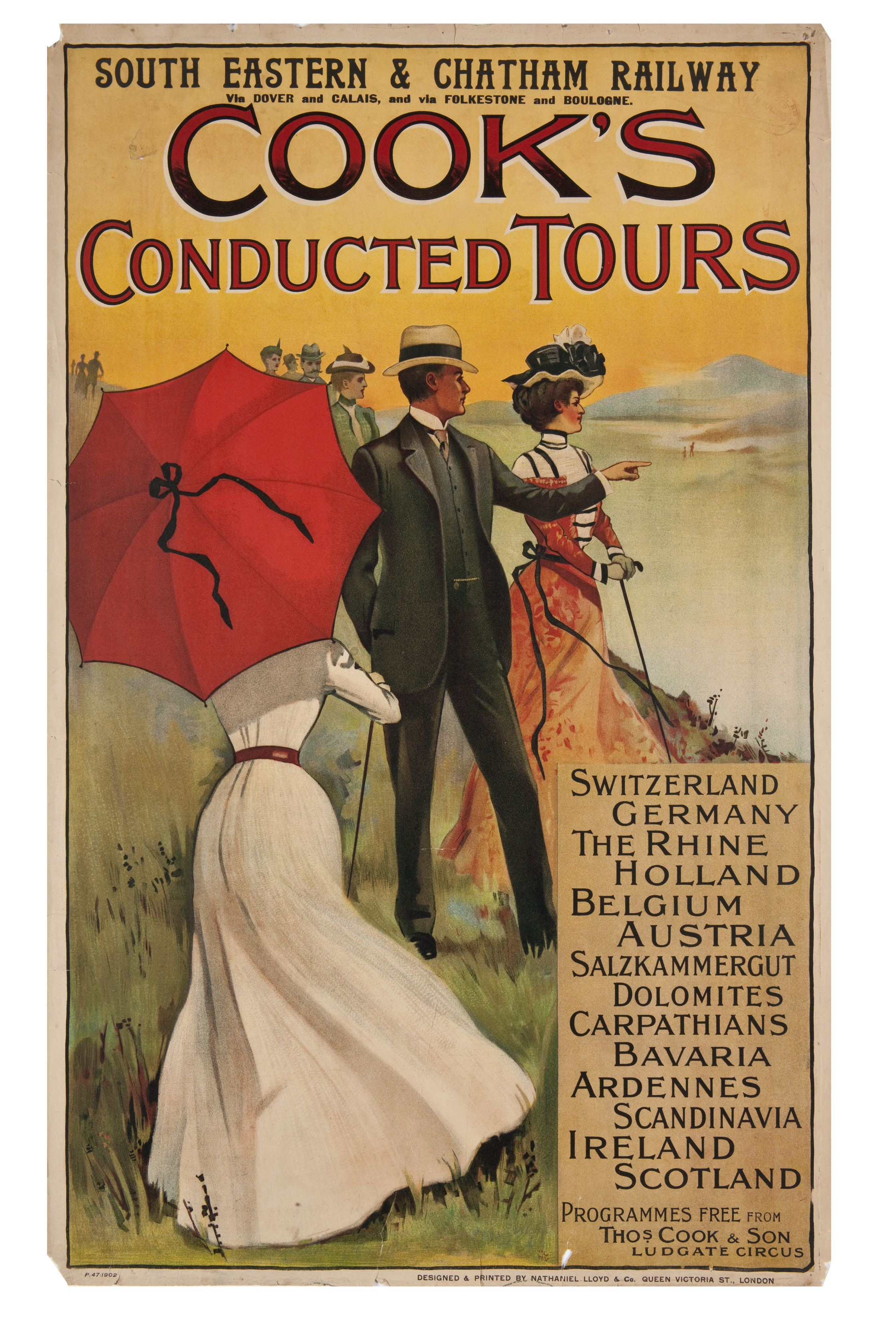
swissinfo.ch: What were the differences you found, apart from the transport?
D.B.: Switzerland then, outside Zurich and Geneva and the main centres, was relatively poor. Half the people lived on and off the land and earned next to nothing. As soon as Miss Jemima gets into the countryside she talks of beggars and ‘goitred ogres’ and parasites. That changed very quickly, because tourism brought money to exactly the areas that didn’t have it before, the rural areas.
The British tourists wanted to see the Alps, because they hadn’t got anything like it at home, and because there was this huge romantic movement with Turner and Wordsworth and Byron writing and painting about them. And also at that time British mountaineers were conquering every peak. Almost every other month the front page in the ‘Times’ was yet another mountain in the Alps conquered by an Englishman.
They brought money with them, but they also wanted toilets and trains and lifts and heating and hotels, so that meant that the rural areas, which had been very poor, were developed quite quickly.
In those days British people didn’t trust foreigners. And that was one of the bonuses that Thomas Cook created: if you buy everything in England from someone you trust – your train tickets, your hotel vouchers – there’s no quibbling about prices, no feeling of getting ripped off, no problems with the language. He made it very simple.
Diccon Bewes was born in 1967 in the British county of Hampshire.
He has a degree International Relations from the London School of Economics.
He spent ten years working for Lonely Planet and Holiday Which? Magazine.
He came to Switzerland in 2005.
He worked for five years as manager of the Stauffacher English Bookshop in Bern. He gave up this job in 2011 to concentrate on writing.
His first book about Switzerland, Swiss Watching, was published in 2010, and has been translated into German and French.
It wsa the bestselling English-language book in Switzerland, and both German and French editions were among the top 10 bestsellers.
His second book, Swisscellany, appeared in 2102.
Diccon Bewes’ latest book is Slow Train to Switzerland, published by Nicholas Brealey.
swissinfo.ch: What kind of impact did these new opportunities have on English attitudes?
D.B.: The chance to travel helped to emancipate women, and gave them a sense of independence and a sense that they could do things that before they weren’t allowed to do. A lot of Thomas Cook’s customers were female, because their parents would know they were safe within a group, even if they didn’t know any of the other people.
It also brought lots of people into contact with others whom they normally wouldn’t have met. It was a kind of social revolution. They were seeing all different classes: they’d go into a chalet and have a glass of water with a peasant woman, which they’d never do in England. It did give them a new outlook on life.
We’d been so used to conquering or converting the natives wherever we went: to actually converse with them was something different.
swissinfo.ch: Do we know how the Swiss felt about all this?
D.B.: I looked long and hard for Swiss voices from that time. There’s very few, mainly because a lot of people couldn’t read or write. There are a few voices saying: ‘Oh, we’re destroying the countryside’, but generally they said: ‘What’s the problem?’
It gave rural people a real income. Basically they were falling over themselves to get a piece of the pie, not to chuck the pie away.

In compliance with the JTI standards
More: SWI swissinfo.ch certified by the Journalism Trust Initiative
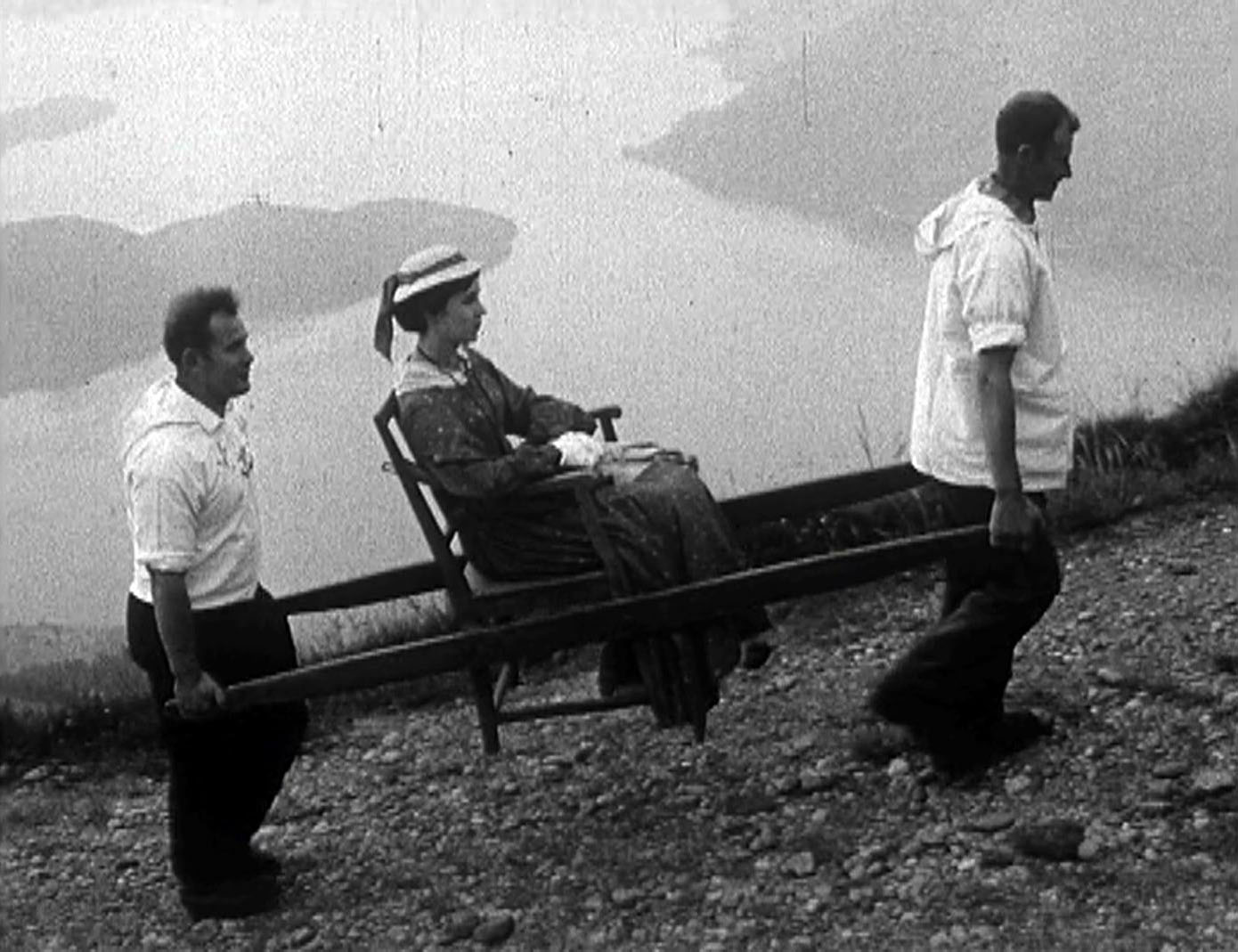
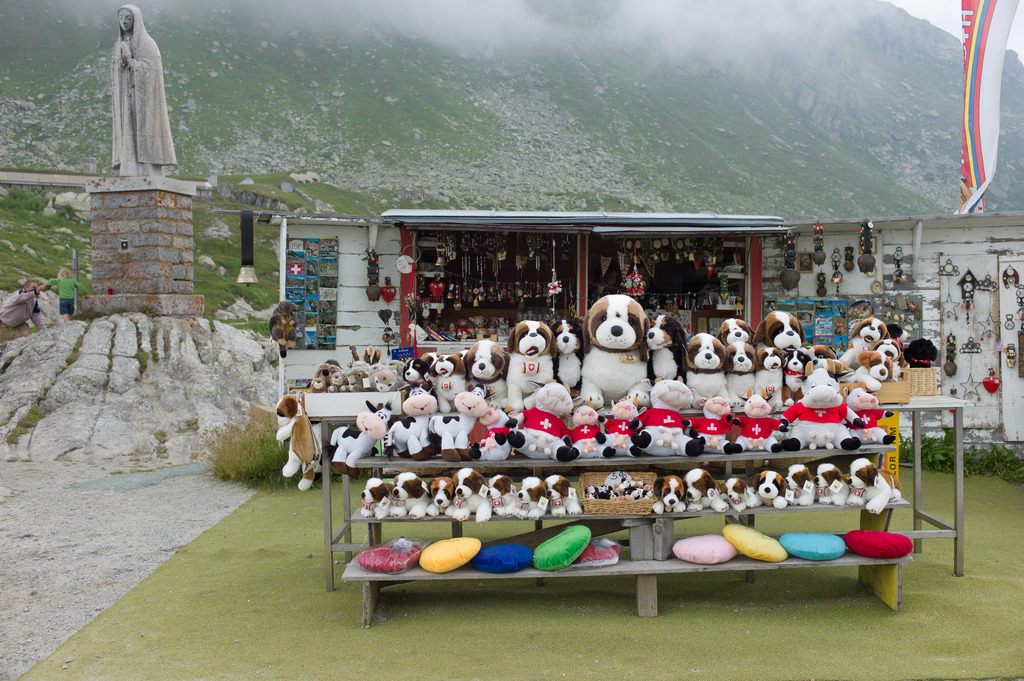
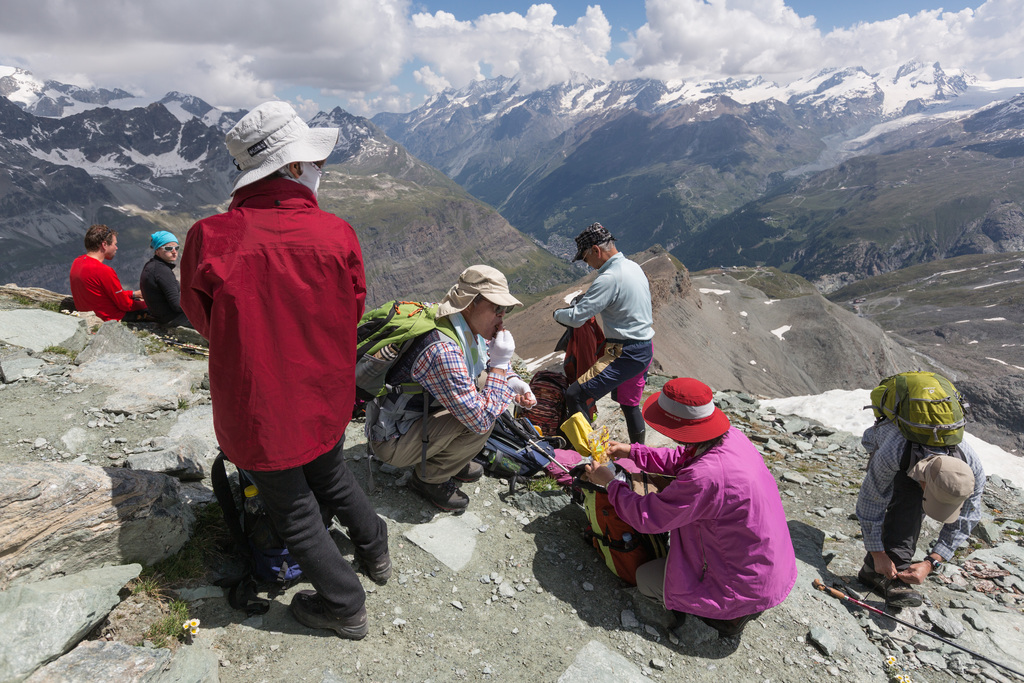
You can find an overview of ongoing debates with our journalists here. Please join us!
If you want to start a conversation about a topic raised in this article or want to report factual errors, email us at english@swissinfo.ch.